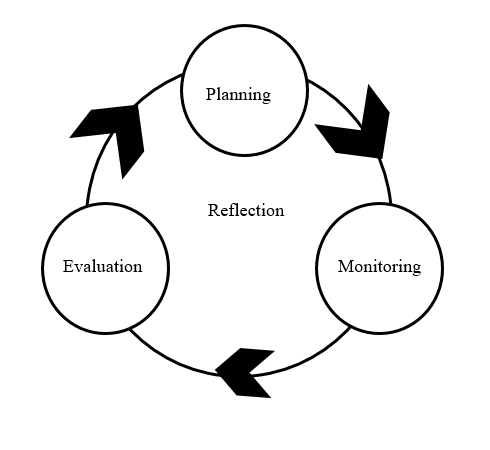- Duke, N. K., & Pearson, P. D. (2002). Effective Practices for Developing Reading Comprehension. What Research Has to Say About Reading Instruction, 205-242. doi:10.1598/0872071774.10
- Willingham, D. T. (2003). Students Remember… What They Think About. Retrieved March 03, 2017, from http://www.aft.org/periodical/american-educator/summer-2003/ask-cognitive-scientist
- Winograd, P. N. (2013). Strategic Difficulties in Summarizing Texts (Tech. No. 274). Champaign, IL: Center for the Study of Reading. (ERIC Document Reproduction Service No. ED228616)
Blog Post on Metacognition Through The Use Of Comprehension Strategies
| Subject: | Education |
| Type: | Informative Essay |
| Pages: | 1 |
| Word count: | 356 |
| Topics: | Teaching Philosophy, Memory |
Sources
More samples
Related Essays
Get a brand-new guide on essay writing
The download will start within seconds. Good luck!
Download Sample
This essay is publicly available.
Offered for reference purposes only.
Offered for reference purposes only.
By clicking Get this Sample you agree to the Terms And conditions and Privacy policy.
Thank you!
The download will start shortly.



